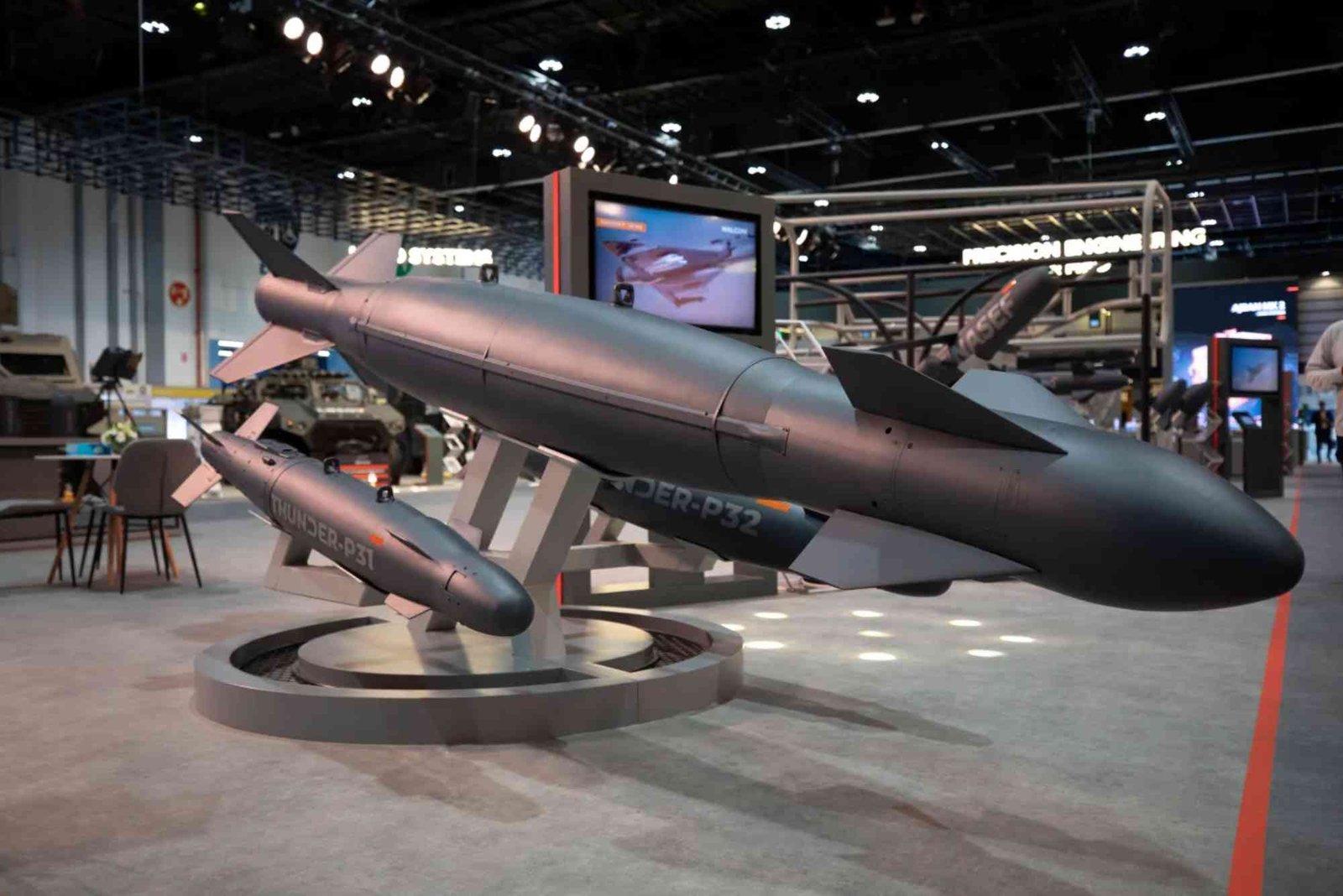In the ever-evolving construction landscape, enterprise building products play a pivotal role in defining the quality and efficiency of construction projects. These products, ranging from foundational materials to high-tech solutions, cater to various sectors, including residential, commercial, and industrial. Understanding the significance and applications of these products is crucial for industry professionals seeking to enhance their projects’ performance.
The Importance of Enterprise Building Products
Enterprise building products are designed to meet the demanding requirements of modern construction. Their importance lies in several key areas:
Quality Assurance
Quality is paramount in construction, and enterprise building products are developed to adhere to rigorous standards. These products undergo extensive testing and certification processes, ensuring that they meet both industry regulations and customer expectations. High-quality materials not only enhance the durability of structures but also minimize maintenance costs over time.
Sustainability
With growing concerns over environmental impact, sustainability has become a cornerstone of construction. Enterprise building products often incorporate eco-friendly materials and manufacturing processes. For example, many companies focus on using recycled materials or developing products that contribute to energy efficiency. This approach not only reduces the carbon footprint but also appeals to environmentally conscious consumers.
Innovation and Technology
The construction industry is undergoing a technological revolution, with enterprise building products at the forefront. Innovations such as smart building materials, advanced insulation systems, and energy-efficient windows are transforming how structures are built. These products integrate technology to enhance functionality, improve energy efficiency, and provide real-time data for building management systems.
Key Categories of Enterprise Building Products
Enterprise building products encompass a wide range of categories, each serving specific functions in the construction process. Below are some of the most prominent categories:
Structural Components
Structural components form the backbone of any construction project. These include:
Concrete and Masonry Products: Essential for foundations, walls, and other structural elements, these products are known for their strength and durability.
Steel and Metal Products: Used for framing and reinforcement, steel products provide structural integrity and support for various building designs.
Wood Products: Lumber, engineered wood, and composite materials are widely used for both structural and aesthetic purposes.
Insulation and Weatherproofing
Effective insulation and weatherproofing are crucial for energy efficiency and occupant comfort. Key products include:
Insulation Materials: Foam boards, fiberglass, and spray foam are common insulation products that help regulate indoor temperatures and reduce energy consumption.
Weather Barriers: These products protect structures from moisture, wind, and other environmental factors, enhancing durability and energy efficiency.
Interior and Exterior Finishes
Finishes contribute to the overall aesthetics and functionality of a building. Common products in this category include:
Drywall and Plaster: Essential for creating interior walls and ceilings, these materials provide a smooth surface for painting and decoration.
Siding and Cladding: Exterior finishes such as vinyl, wood, and metal siding enhance curb appeal while providing weather resistance.
Roofing Systems
Roofing is a critical aspect of any construction project, with various options available:
Shingle Roofs: Asphalt and architectural shingles are popular for residential buildings, providing durability and aesthetic appeal.
Flat Roof Systems: Used in commercial applications, flat roofs require specialized materials such as TPO, EPDM, and built-up roofing.
Windows and Doors
Windows and doors are integral to a building’s design and energy efficiency. Key considerations include:
Energy-Efficient Windows: Double or triple-glazed windows minimize heat loss and reduce energy costs.
Durable Doors: From entry doors to interior doors, selecting the right materials is essential for security and aesthetics.
Leading Manufacturers of Enterprise Building Products
Several manufacturers are recognized for their commitment to quality and innovation in enterprise building products. Here are a few prominent names in the industry:
Owens Corning
Owens Corning is a leader in insulation, roofing, and composite materials. Known for its innovative approach, the company focuses on sustainable practices and energy-efficient products. Their insulation solutions are designed to enhance comfort while reducing energy consumption.
CertainTeed
CertainTeed specializes in roofing, siding, and insulation products. Their commitment to sustainability is evident in their range of eco-friendly building materials. CertainTeed’s products are widely used in residential and commercial projects, providing reliable performance and aesthetic appeal.
Simpson Strong-Tie
Simpson Strong-Tie is renowned for its structural connectors and fasteners. Their products enhance the structural integrity of buildings, ensuring safety and durability. The company’s focus on research and development allows them to provide innovative solutions to construction challenges.
James Hardie
James Hardie is a leader in fiber cement siding products. Known for their durability and resistance to fire, pests, and moisture, these products are ideal for various climates. James Hardie’s commitment to innovation ensures that their products meet the evolving needs of builders and homeowners.
Pella Corporation
Pella Corporation specializes in windows and doors, offering a wide range of energy-efficient products. Their focus on quality craftsmanship and innovative design makes them a preferred choice for both residential and commercial projects.
Trends in Enterprise Building Products
As the construction industry continues to evolve, several trends are shaping the future of enterprise building products:
Increased Focus on Energy Efficiency
Energy efficiency is a growing priority for builders and homeowners alike. Products that offer superior insulation, energy-efficient windows, and sustainable materials are becoming increasingly popular. This trend is driven by both regulatory requirements and consumer demand for lower energy costs.
Adoption of Smart Technology
Smart building technology is gaining traction in the construction sector. Enterprise building products that incorporate sensors, automation, and connectivity enable better building management and enhanced occupant experiences. These technologies facilitate real-time monitoring of energy usage, security, and indoor air quality.
Customization and Personalization
Consumers are seeking more personalized building solutions. Manufacturers are responding by offering customizable options for various products, including siding colors, window designs, and interior finishes. This trend allows builders to cater to individual preferences while enhancing the overall aesthetic of structures.
Resilience and Durability
In light of climate change and extreme weather events, there is an increased focus on resilience in building products. Enterprise building products are being designed to withstand harsh conditions, ensuring longevity and performance. This includes advancements in materials that offer greater resistance to moisture, wind, and temperature fluctuations.
Challenges Facing the Enterprise Building Products Sector
Despite the advancements and trends, the enterprise building products sector faces several challenges:
Supply Chain Disruptions
Global events, such as the COVID-19 pandemic, have highlighted vulnerabilities in supply chains. Manufacturers have experienced delays and shortages in raw materials, impacting production timelines and costs. Addressing these disruptions requires strategic planning and collaboration across the industry.
Regulatory Compliance
The construction industry is subject to numerous regulations and building codes. Ensuring compliance with these standards can be complex, especially as regulations evolve to address sustainability and safety concerns. Manufacturers must stay informed and adapt their products accordingly.
Competition and Market Dynamics
The enterprise building products market is highly competitive, with numerous manufacturers vying for market share. Companies must differentiate themselves through innovation, quality, and customer service to remain relevant in this dynamic landscape.
Enterprise building products are essential to modern construction, providing the quality, efficiency, and innovation needed to meet evolving industry demands. From structural components to high-tech solutions, these products play a critical role in enhancing the durability and sustainability of structures. As the industry continues to advance, staying informed about emerging trends and challenges is vital for professionals seeking to leverage the benefits of enterprise building products in their projects.









